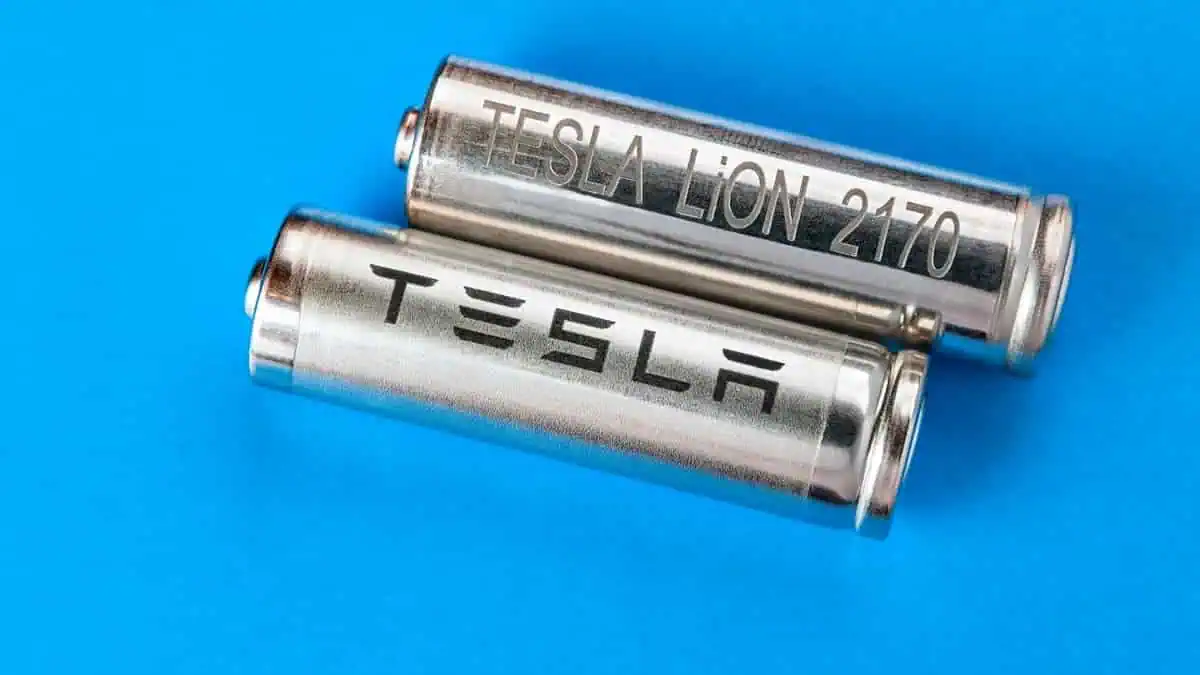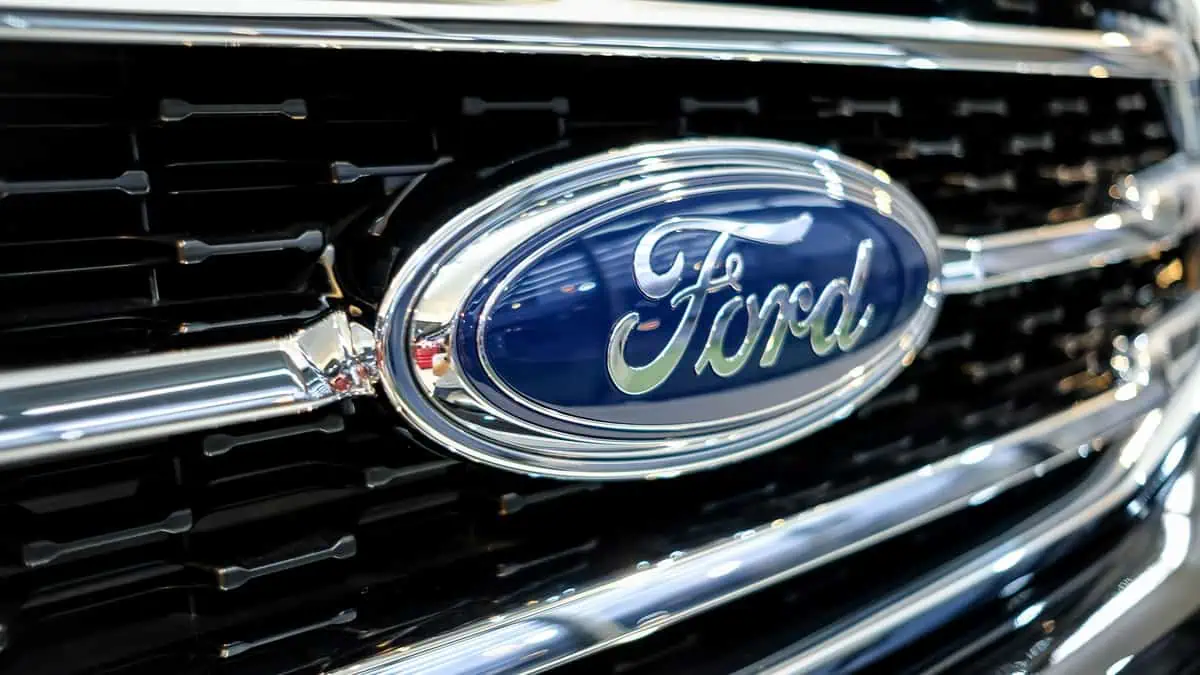Researchers at Tesla have made a nickel-based battery that lasts much longer than the batteries used in electric cars.
In collaboration with Dalhousie University, Tesla’s advanced battery research group in Canada has developed a nickel-based battery that features a significantly longer lifespan than batteries commonly used in electric vehicles.
Thedevelopment was done in cooperation with Jeff Dahn, one of the world’s leading experts in battery technology. He is also currently part of Dalhousie University in Canada. He has also been working on lithium-ion batteries and is regarded as a pioneer after extending the batteries’ lifespan that is commonly used today, according to Electrek.
The new batteries use nickel in their mix, which offers a higher density and allows a more extended range for electric vehicles. The unique chemical structure of these batteries makes them more durable than lithium-ion batteries at charged temperatures.
The paper detailing the research discusses nickel-based battery chemistry as long-lasting as LFP (lithium-ion phosphate) battery cells while keeping things such as higher energy density that lets electric vehicles go farther with fewer batteries.
The research group also stated that the new cell could last up to 100 years if the temperature is maintained at 25C:
“Ultra-high precision coulometry and electrochemical impedance spectroscopy are used to complement cycling results and investigate the reasons for the improved performance of the NMC cells. NMC cells, particularly those balanced and charged to 3.8 V, show better coulombic efficiency, less capacity fade and higher energy density compared to LFP cells and are projected to yield lifetimes approaching a century at 25 °C.”
Currently, Tesla manufactures and uses LFP batteries, which offer high density and allow a longer range between charges. Its current batteries could last for around two years before charge capacity drops by more than 20 percent.
While this improves sustainability and reduces questions over the ethical sourcing of cobalt, it also offers an insight into the direction of battery development that Tesla researchers are now taking.
This new development will enhance sustainability and decrease concern over the ethical sourcing of cobalt. Being known as sustainable, Tesla is currently reusing 92% of its raw materials for its recycled batteries. The new development will also provide an insight into the automaker’s current battery development strategy.






